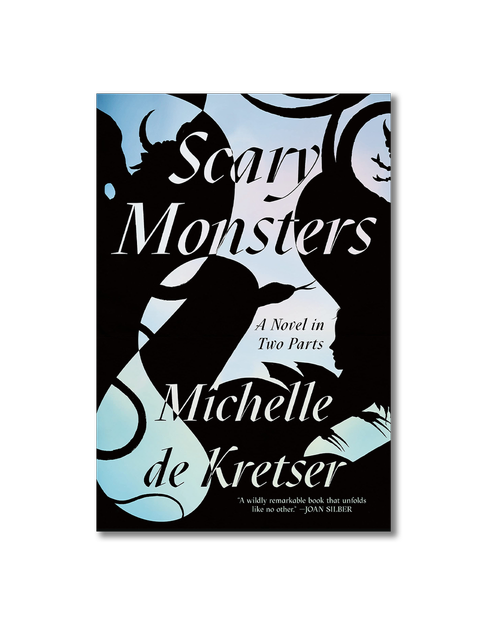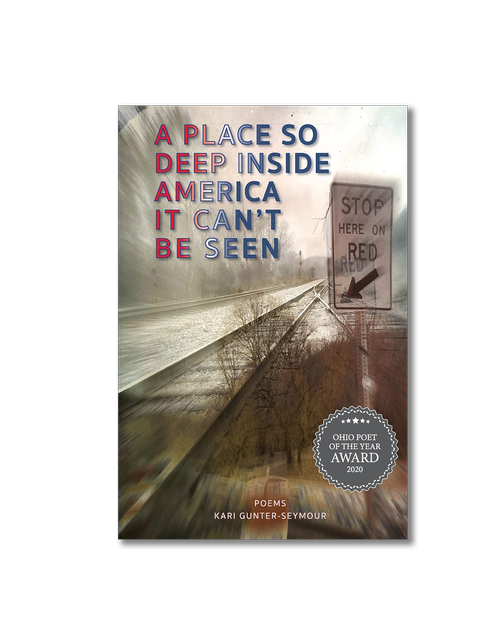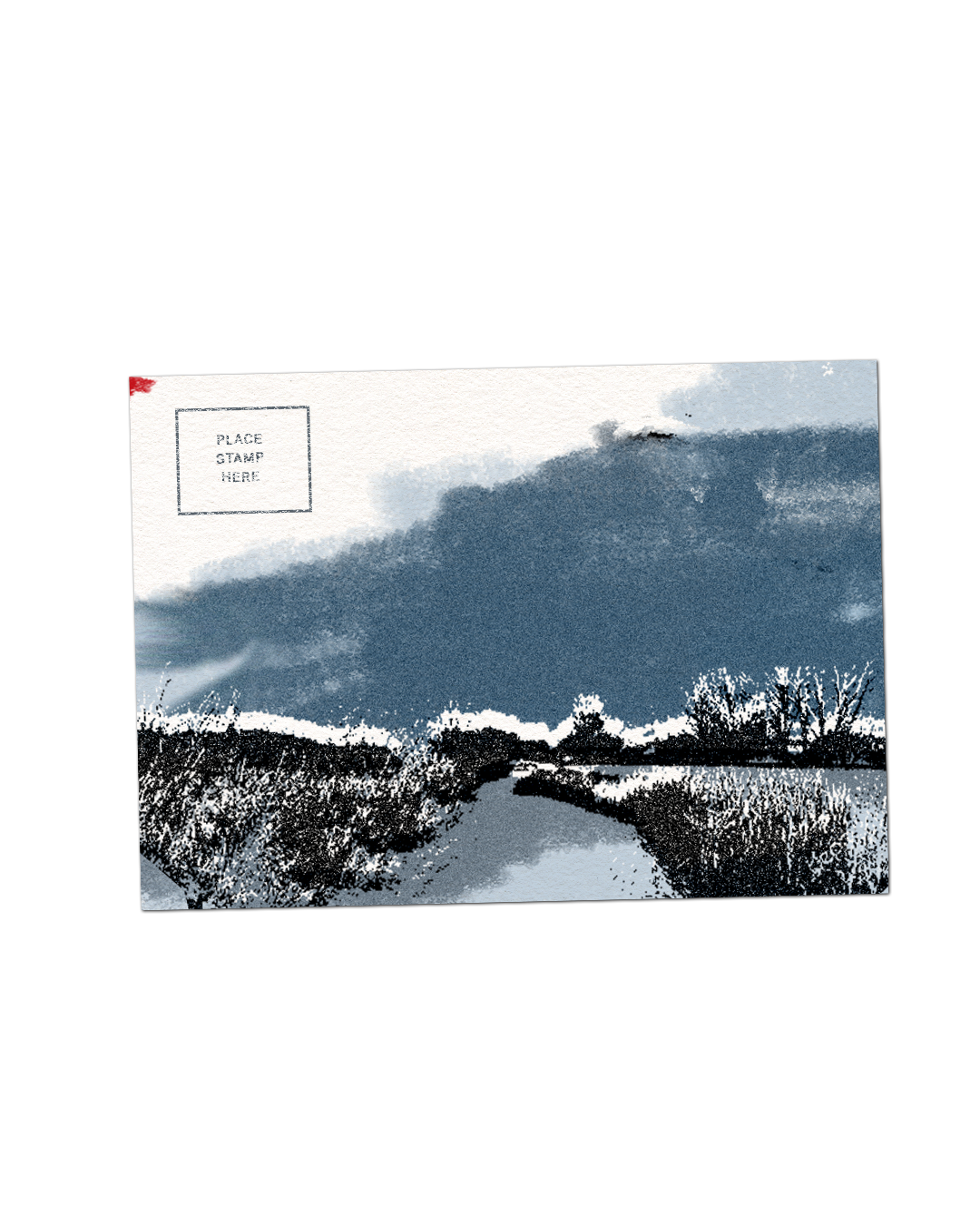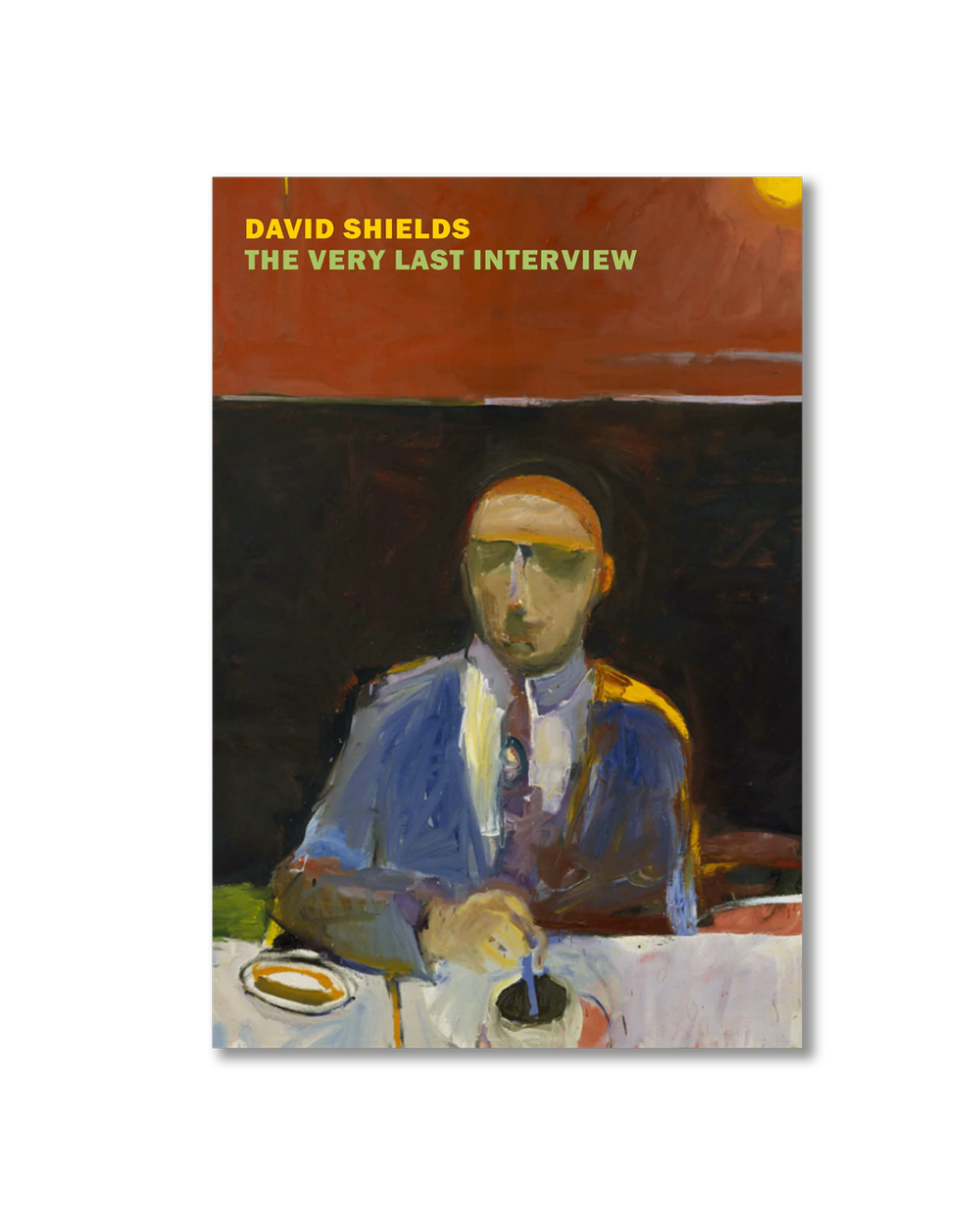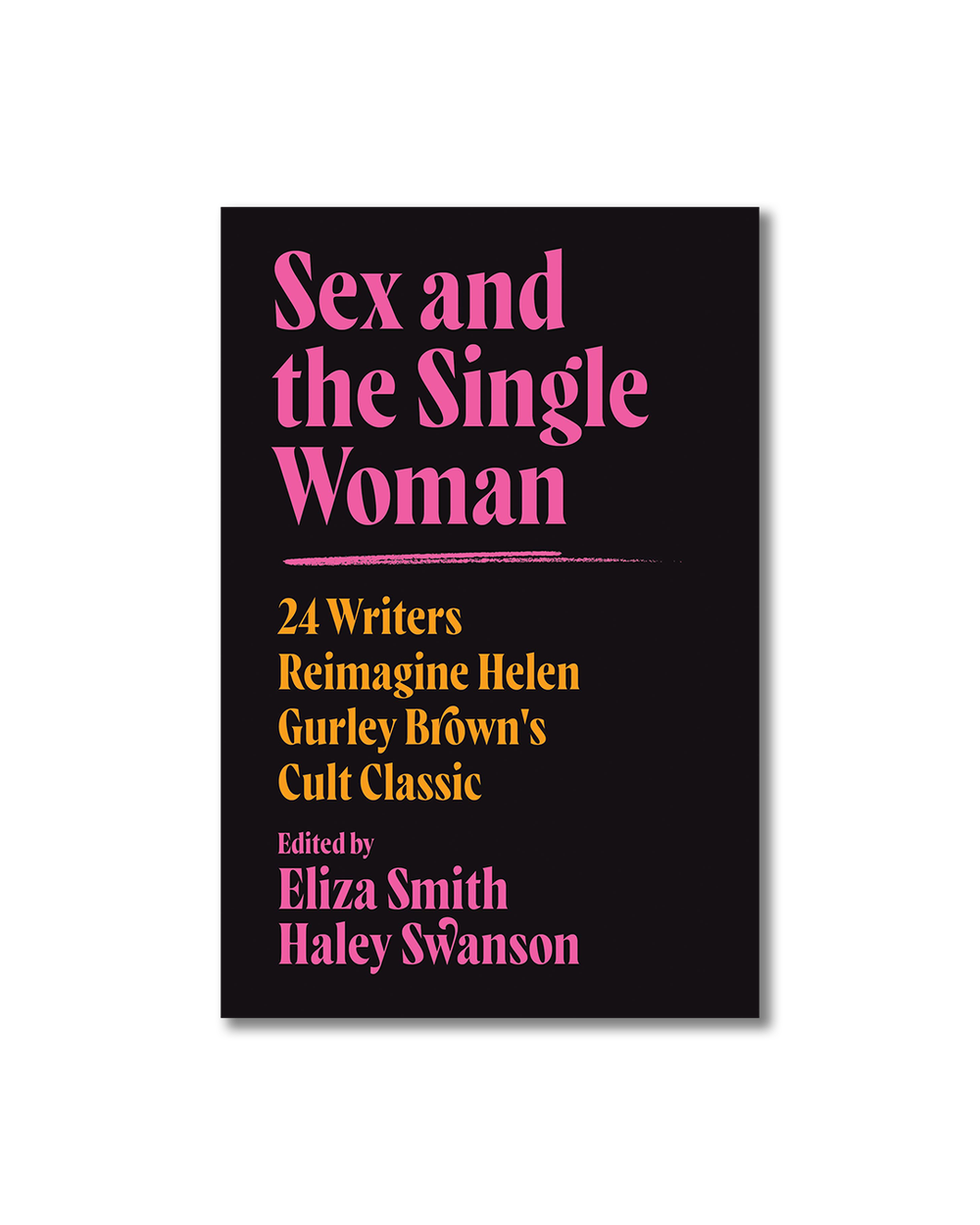It Does Not Give Answers: On Caren Beilin's "Revenge of the Scapegoat"
Caren Beilin’s Revenge of the Scapegoat is a book about desire, community, and family—but mostly it is story about pain and what we do with it.
Each a Mirror of the Other: On Michelle de Kretser's "Scary Monsters"
Scary Monsters by Australian author Michelle de Kretser begins with a choice. Not a character’s choice, but the reader’s: from which of the two front covers will you begin?
“The Weeds In This Garden” by Kari Gunter-Seymour
Long ago, I built a self outside myself. / I ate what my family ate, answered / to my name, but when they said let us pray, / I kept my eyes open.
Girlhood's Collective Trauma: On Rochelle Hurt's "The J Girls: A Reality Show"
Part poetry, part (screen)play, Rochelle Hurt’s The J Girls: A Reality Show, winner of the 2021 Blue Light Book Prize, interrogates the collective trauma of women coming of age.
Fiction of Our Climate: On Imbolo Mbue's "How Beautiful We Were"
“But these Americans, with their abundance of knowledge, how can they be powerless too?”
Systems Lack the Language: On Alia Trabucco Zerán’s “When Women Kill”
When Chilean novelist and scholar Alia Trabucco Zerán describes her latest research project, “men and women alike furrow their brows, wince, and then nod their heads in approval of my decision to tackle such a pressing, awful, and all-too-common problem in Latin America.”
Wildness and Heat: On Andrea Abreu’s “Dogs of Summer”
You might want to avoid reading Andrea Abreu’s gloriously visceral Dogs of Summer around meal times.
“I could escape into my ambition”: On Emi Nietfeld’s “Acceptance”
In recent years, non-fiction publishing trends have graced the earth’s commuters with a steady diet of proto-political memoirs from authors who rose from economic instability to occupy more-or-less esteemed positions in professional society.
Very Funny, Even When It's Sad: An Interview with Daisy Fried
Daisy Fried’s most recent book, The Year the City Emptied, is a collection of translations and brilliant off-the-leash renderings of Baudelaire, written in 2020 in Philadelphia during the first year of the COVID pandemic.
Letters to Gay Poets: On Tobias Wray’s ‘No Doubt I Will Return a Different Man”
Tobias Wray, I forget the way you pulled us in, asked us to make you bigger than you were.
Writing for the Future: On Melissa Febos’ “Body Work”
Imagine this. You’re six, and you’re playing in the sand pit arranging piles of grainy earth into neat, abstract pyramids.
Dogged and Flawed: On Garrett Stack’s “Yeoman's Work”
Garrett Stack’s debut collection of poetry, Yeoman’s Work, paints the world of the working-class using all the hues of a blue-collar pallet.
Keeping the Negative: On Ann Marks’ “Vivian Maier Developed”
If I write that Vivian Maier was a photographer, you'll misunderstand.
Land as History’s Witness: On “American Geography” and “American Silence”
About 60 years ago I arrived home on the afternoon school bus to find several small sedans parked in our driveway.
Justice, One Way or Another: An Interview with Meredith Doench on “Whereabouts Unknown”
Meredith Doench is a crime writer located in Dayton, Ohio, and best known for her Luce Hansen series.
Haldane’s Demand: On Zain Khalid's "Brother Alive"
We’re in someone’s kitchen; a kid is sitting on the floor.
The Blurred Man: On David Shields' "The Very Last Interview"
The cover of David Shields’ The Very Last Interview features a blurred man in a suit and tie, his skin an inhuman green.
Universe of Pointless Terror: On László Krasznahorkai's "Chasing Homer"
Chasing Homer by László Krasznahorkai is a novella that defies and transcends summarization.
The Necessarily Unadorned: On Frank Bidart's "Against Silence"
Explicit vulnerability in the face of great evil renders the vulnerable both a target and a champion of resilience against oppression.
The Problem with Advice: On “Sex and the Single Woman”
Can dating advice ever be universal?


